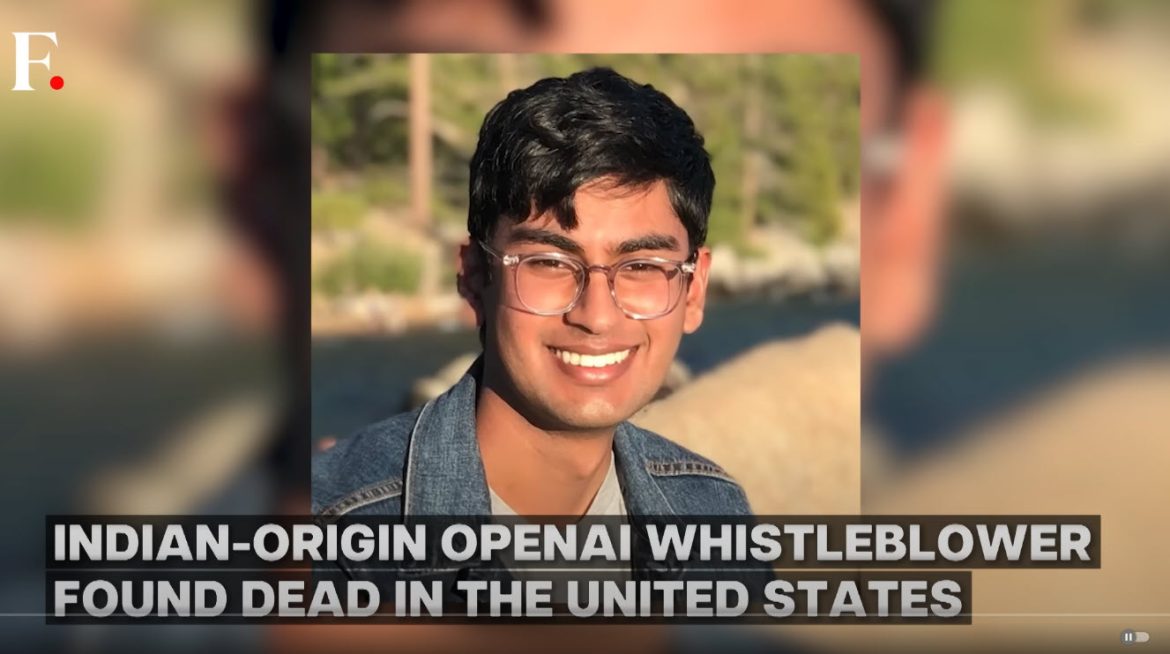Authorities confirm the death of 26-year-old Suchir Balaji, a former researcher at OpenAI, whose body was discovered in his San Francisco apartment on November 26. Police responded to a wellness check request after friends and colleagues reported being unable to contact him. Balaji’s death has sparked significant public interest, given his recent role as a whistleblower critical of OpenAI’s practices.
Balaji, who worked at OpenAI for four years, had been an integral part of the company’s research team before leaving earlier this year. In the months leading up to his death, he became an outspoken critic of the organization, voicing concerns about transparency, ethical accountability, and the potential misuse of artificial intelligence technology. His comments, made in public forums and social media posts, painted a troubling picture of internal practices at OpenAI, which he claimed prioritized profit over safety and societal impact.
Authorities have not yet released an official cause of death, but San Francisco police state that no immediate signs of foul play were found at the scene. The medical examiner is conducting a full investigation, and toxicology reports are pending. While law enforcement continues to handle the case as a standard investigation, Balaji’s death has fueled speculation, particularly among his supporters and those following his whistleblowing efforts.
Balaji’s allegations against OpenAI centered on the company’s rapid deployment of powerful AI systems and its perceived lack of transparency about risks associated with its technology. In one of his final public statements, he warned about what he described as “short-sighted leadership” and “a race for dominance” in the AI field that could endanger public trust and safety. He also criticized the growing influence of corporate investors in shaping the company’s agenda.
His death has sent shockwaves through the tech and AI communities. Fellow researchers and activists have expressed both grief and concern, with some calling for an independent investigation into the circumstances surrounding his passing. Advocacy groups pushing for AI ethics and regulation see Balaji’s whistleblowing as a pivotal moment, underscoring the need for stronger safeguards and accountability in the industry.
OpenAI has not commented directly on Balaji’s death but released a statement expressing condolences to his family and friends. The organization acknowledges his contributions to its research efforts but has not addressed the criticisms he raised prior to his departure.
The timing of Balaji’s death, coming after months of vocal criticism, has reignited debates about the treatment of whistleblowers in the tech industry. Legal experts point out that employees who raise ethical concerns often face significant risks, from career repercussions to personal safety issues. Some advocates are calling for stronger protections for individuals like Balaji, who choose to speak out against powerful organizations.
As investigations into Balaji’s death continue, the broader implications of his whistleblowing remain a topic of intense discussion. His warnings about the dangers of unchecked AI development have added urgency to calls for stricter regulation and oversight of the industry. For many, Balaji’s story serves as both a cautionary tale and a rallying cry for reform in the rapidly evolving field of artificial intelligence.



